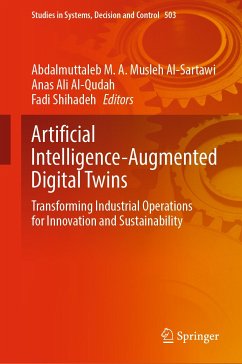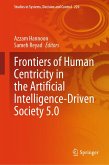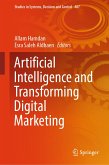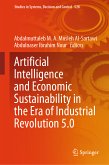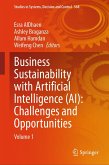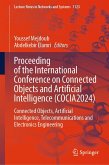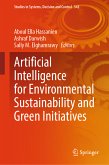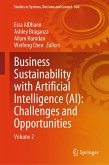Moreover, numerous researchers and practitioners emphasize the significance of innovating sustainable business models and operations (Geissdoerfer et al., 2018). The digital twin will allow businesses and financial institutions to minimize costs, boost customer service, and find new ways to generate revenue. DTW is accessible now more than ever, and many reputable and innovative companies such as Tesla, Ericsson, and Siemens have adopted it with varying success.
Therefore, this book examines the opportunities, challenges, and risks of artificial intelligence-augmented digital twins for financial operations, innovation, and sustainable development. It focuses on AI and digital twin technologies to furnish solutions for the current industrial revolution including the Metaverse. Henceforth, this book aims to encourage authors to submit multi-disciplinary chapters indicating the current scholarly challenges about the applications and potential of artificial intelligenceand digital twins in accounting, finance, and banking.
Dieser Download kann aus rechtlichen Gründen nur mit Rechnungsadresse in A, B, BG, CY, CZ, D, DK, EW, E, FIN, F, GR, HR, H, IRL, I, LT, L, LR, M, NL, PL, P, R, S, SLO, SK ausgeliefert werden.

